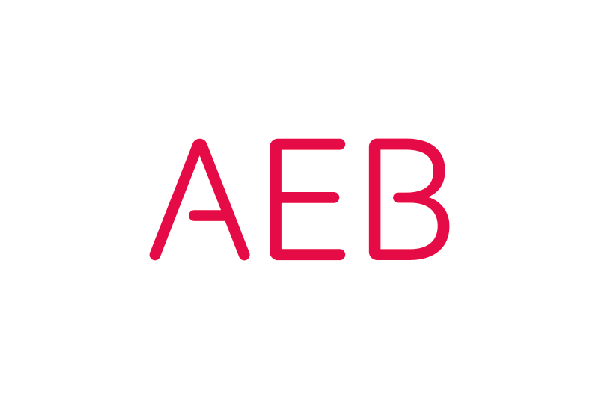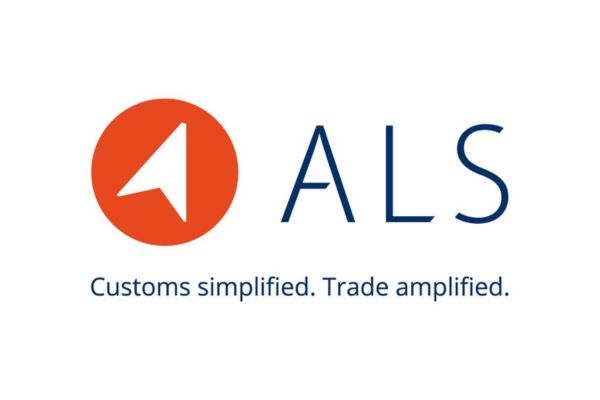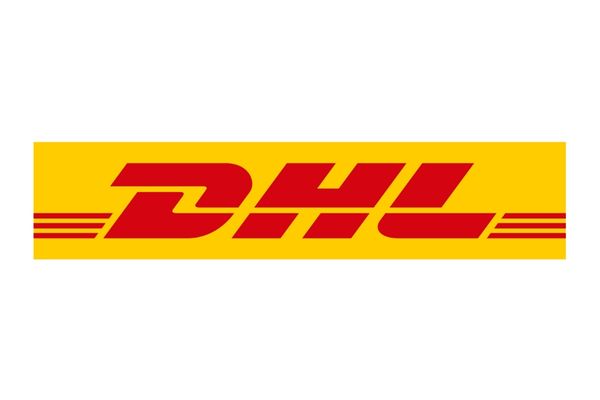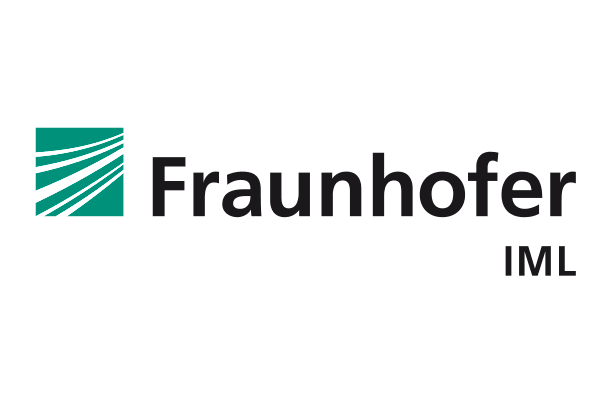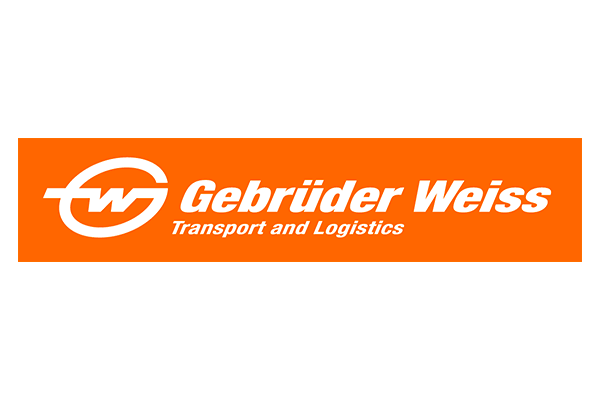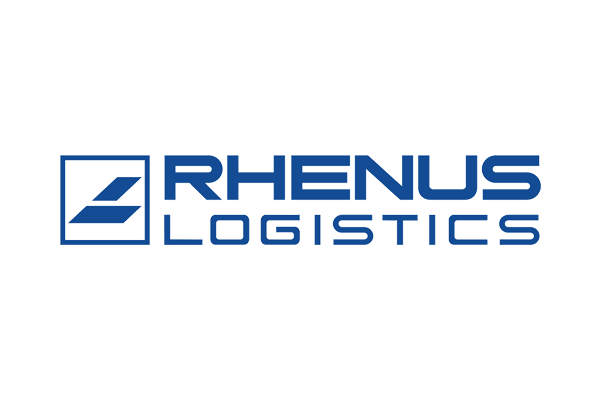Starting Situation
Today, customs authorities are confronted with extensive and complex data sets in electronic customs clearance – most of which is not first-hand. Documents used to check this data may have been manipulated. Most manipulations are carried out on just a few key data pieces. Thus, the GPID project focuses on precisely this key data and is developing a type of “digital passport” for goods flows in import and export processes, the Goods Passport ID. This means that the authorities can check the key data they consider the main source of customs or tax evasion, knowing it has been provided directly by the seller. The GPID is stored on a blockchain, which enables digital, tamper-proof and transparent handling across the entire export and import process.
Practical Approach
The key data set “Goods Passport ID” contains data that is required in various steps of an export/import process and that is repeatedly needed by several stakeholders (e.g., customs authorities, freight forwarders, buyers, and sellers). The authorities also commonly focus on this data to detect duty evasion and prohibited goods.
In detail, this is the following data:
- basic information about the seller and the buyer
- invoice value
- invoice quantities
- the classification of the goods
- The origin of the goods
The Goods Passport ID is the blockchain identification number for the “key data record” of a specific invoice. The key data can be entered on the blockchain only by the seller of the goods. Each process has only one GPID per invoice and one invoice per GPID. Once a GPID has been created for a specific invoice, this invoice can no longer be transferred to the blockchain by creating another GPID. The GPID cannot be changed, i.e. it cannot be manipulated. However, changes to the key data record are possible only by the seller. However, these are logged on the blockchain. The created GPID can be used by the authorities to find and view the corresponding key data record on the blockchain. In the future, the key data record can also be used for security checks, RFID gates, scales and other applications that do not require complete data records.
Technical Details
- Verify that key data on documents have not been changed (authenticity and immutability)
- Function for covert hash generation (with upstream login) and query (without login) for PDF documents
- Storage of the hash value on blockchain under blockchain ID (user only receives blockchain ID back)
- Adding further documents and generating further hash values
- Storage of additional hash values under existing blockchain ID
- GPID: a data set of customs-relevant “key data” (key data set) as a whole on blockchain

